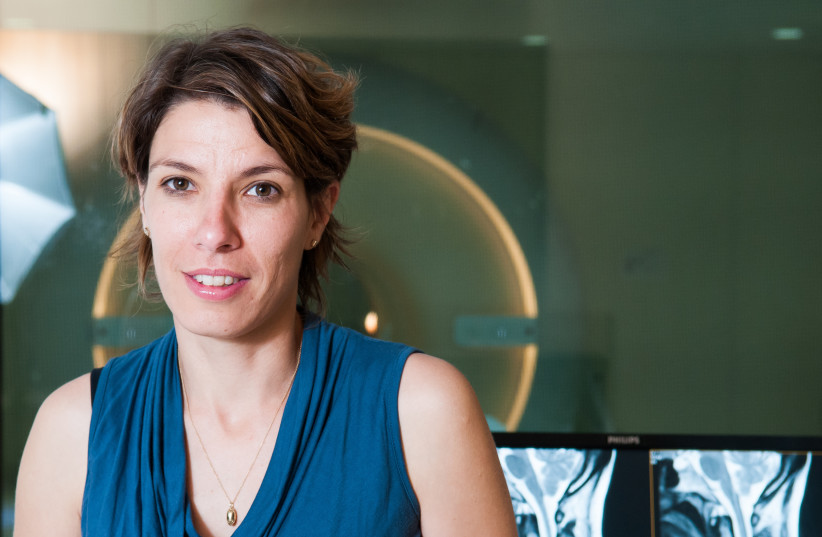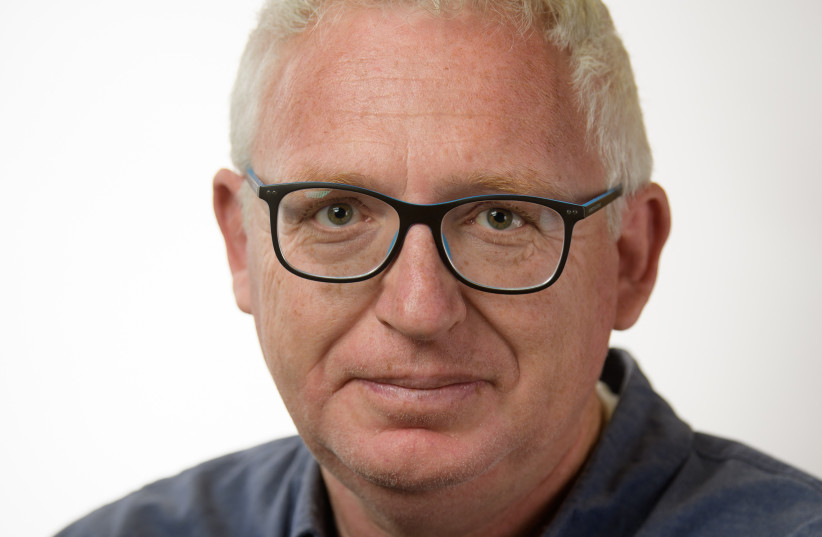More than two years since we started wearing face masks to help protect ourselves from the COVID-19, adults still have difficulty recognizing the faces behind them, according to a study conducted by researchers at Ben-Gurion University of the Negev (BGU) in Beersheba and York University in Toronto.
Since masks do not cover the critical parts of the face that include the eyes, one might predict that the effect of medical masks on face recognition could be attenuated over time and experience with masked faces, particularly following prolonged natural exposure. The study, which was conducted since the beginning of the pandemic, showed that there was no improvement in recognition during that time.
The research findings were published in the journal Psychological Science under the title “Recognition of Masked Faces in the Era of the Pandemic: No Improvement Despite Extensive Natural Exposure.”
The importance of seeing faces
Recognizing people’s faces is a complex process, said Prof. Erez Freud, who earned his degrees at BGU and is now a researcher at York University.
Deficient performance in recognizing masked faces, along with the qualitative difference in processing those faces, may have long-term implications for daily activities, especially social interactions. Continuous exposure to masked faces could also lead to long-lasting effects in other domains, such as processing facial emotion, and propagating feelings of anxiety and alienation in a world heavily occupied by masked people, the researchers suggested.

People around the world have been wearing masks as a matter of routine, Freud said, but it turns out that they also have significant and long-term consequences for facial recognition.
“Many may assume that their ability to recognize people’s faces despite the mask on them will improve over time, but this is not so. Adults do not improve with time, and it seems that the facial processing system in adults is rigid and difficult to change.”
Although it is clear that face-perception abilities rapidly develop from early childhood to adolescence, they wrote, it is uncertain whether these abilities can improve later in life, particularly under conditions of suboptimal visual input. Clearly, observers extract information from both the mouth and the eye regions of faces to allow successful identification, yet previous research has demonstrated that not all face features are equally important for this purpose, they wrote.
“Repeated exposure of masked faces throughout the epidemic did not change the ability of adults to recognize the half-hidden faces,” added Prof. Galia Avidan from BGU’s psychology department, who was Freud’s research partner.
The ongoing pandemic provided researchers with an unprecedented opportunity to examine the mature face-processing system. As part of the study, more than 2,000 adults who viewed a series of faces – both at a normal and at an inverted viewing angle, with and without masks – were repeatedly tested.
Different groups of adults were tested at six different time points during the pandemic. In addition, the researchers examined the same group near the beginning of the pandemic and 12 months later. The results were unequivocal – in both the cross-sectional and longitudinal studies, the subjects did not show any improvement in their ability to recognize faces covered with a mask.
Can't be masked that adult brain is inflexible
“The conclusion is that the adult brain does not have the ability to be flexible in the way it processes faces, even when it is presented with a masked face over an extended period of time,” the team declared.
Previous studies have shown that adults’ face-recognition abilities decreased by about 15% when the person wore a mask using the Cambridge Face Memory Test, which is considered the standard for face-recognition abilities. Face masks also interfere with how unmasked faces are processed, which is usually done holistically, rather than by the individual parts of the face.

Now, this new study used not only the Cambridge test, but also the Glasgow Face Match Test, another cognitive test designed to determine a person’s ability to match different pictures of unfamiliar faces as a measure to determine if anything has changed since the last study.
Sensitivity to faces appears for the first time in infants, who show a preference for faces or things that resemble faces, especially their mothers and other familiar faces. In contrast to the face-processing system of an adult, repeated exposure to faces as a child plays an important role in the refinement of the face-processing system, which continues to develop until the end of adolescence.
“Among adults, the facial processing procedure becomes rigid even after prolonged exposure to partially covered faces,” said Prof. Zvi Ganel, also from BGU’s psychology department who was part of the research team.
